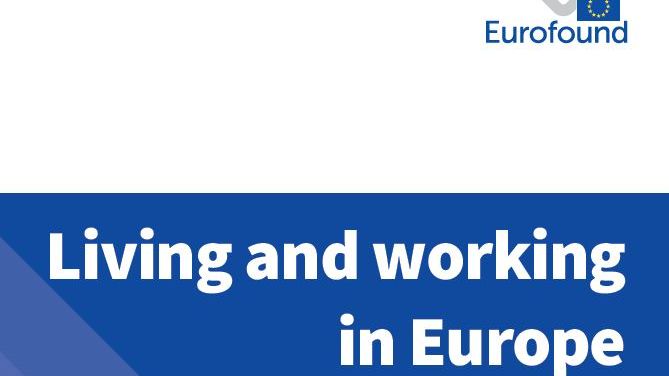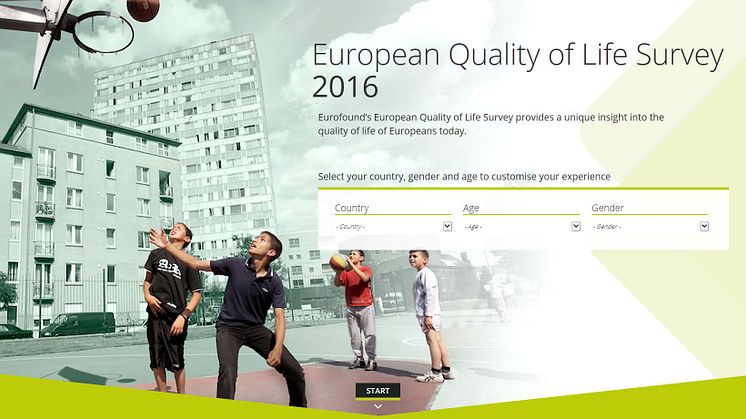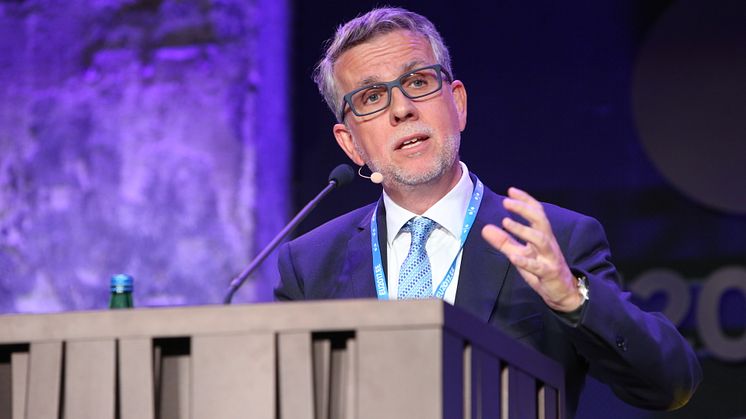
News -
Europe’s recovery means a better life for many, but not all
The number of people active in the labour market is at an all-time high, ratings for key public services are increasing and there is a marked recovery in trust in national institutions in many Member States, these developments are detailed in Eurofound’s Living and working in Europe yearbook for 2017. It also highlights a continent in transition, where there is an imbalance in opportunities for prosperity, and quality of life, depending on where you live.
The Living and working in Europe yearbook provides a snapshot of the working lives, employment circumstances and living conditions of people in Europe in 2017. It describes trends and transitions in the areas of labour market change, industrial relations, working conditions and sustainable work, quality of life and public services, the digital age, and convergence in the European Union.
Employment growth beat expectations in 2017, with more people than ever before employed and active in the labour market. However, when the numbers of unemployed people, involuntary part-timers and inactive people who are willing to work are taken into account –over 40 million people in all – the supply of labour currently well outstrips demand. With an ageing population and declining fertility rates, the need to reintegrate these groups into the labour market is becoming increasingly urgent.
The issue of working time also receives attention in the yearbook. Policies in this area need to take account of workers’ differing needs over the course of their lives. People are most likely to want to reduce their working hours when they are parents of young children and when they are approaching retirement. At the same time, the lack of work–life balance is most pronounced during these two periods. Better work–life balance has an implicit societal value linked to gender equality and quality of life. It could also boost labour supply by removing a barrier for those who find it difficult to reconcile rigid working arrangements with family commitments.
Finally, the yearbook gives significant attention to quality of life in Europe. Overall, there has been progress in quality of life, quality of society and quality of public services and people in Europe are generally optimistic about the future. However, it should be emphasised that this improvement in not in all Member States and not for all social groups – evidence that Europe is yet to fully kick into gear as an engine for social convergence.
Read more:
Living and working in Europe 2017: Interactive page
Living and working in Europe 2017: Yearbook



